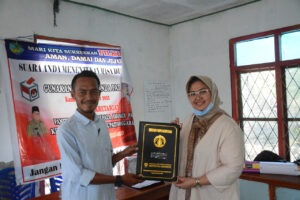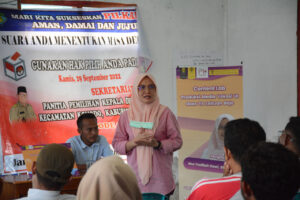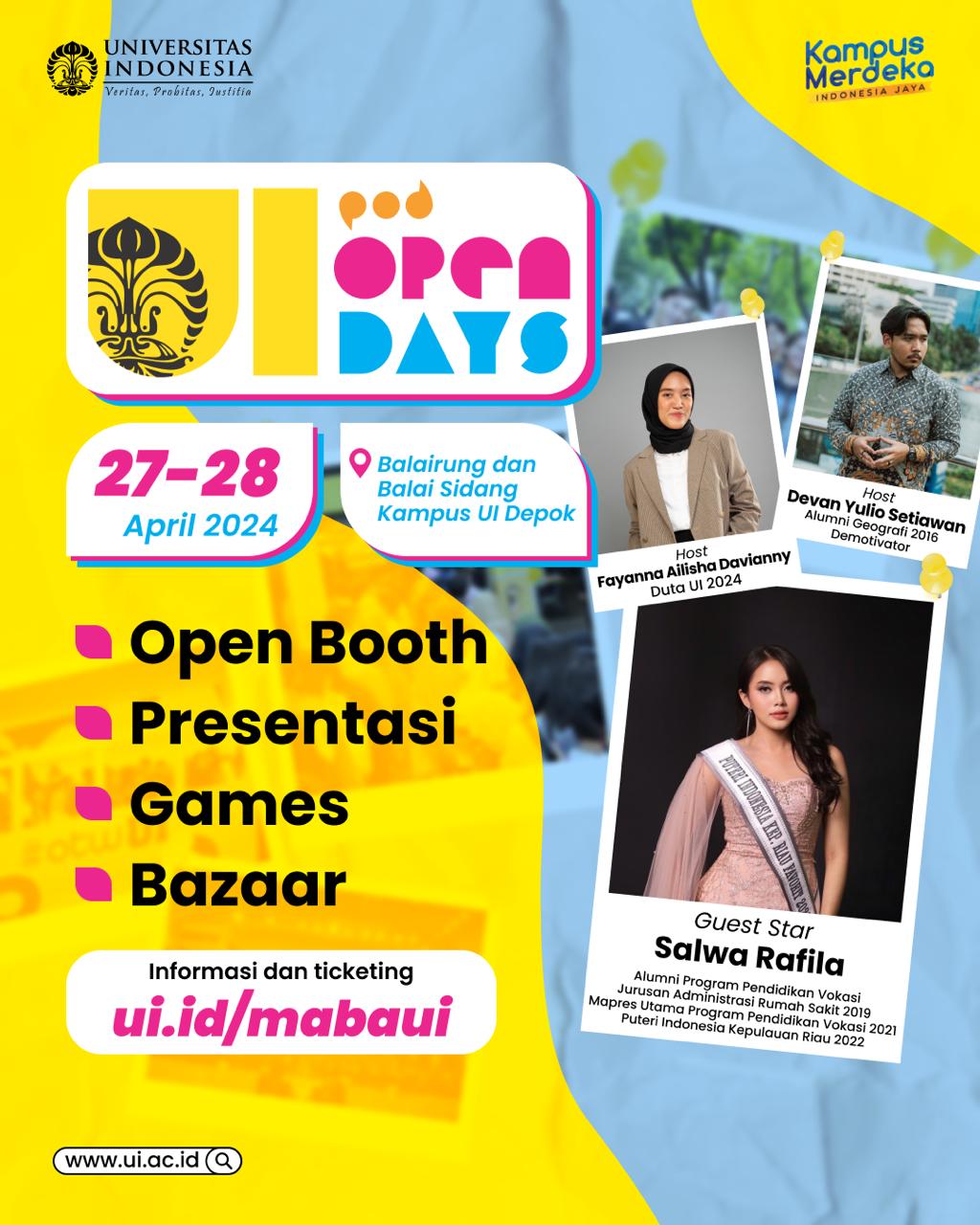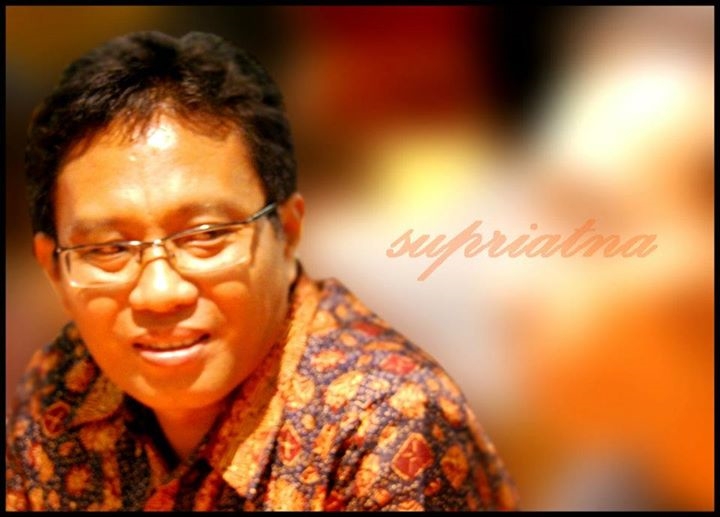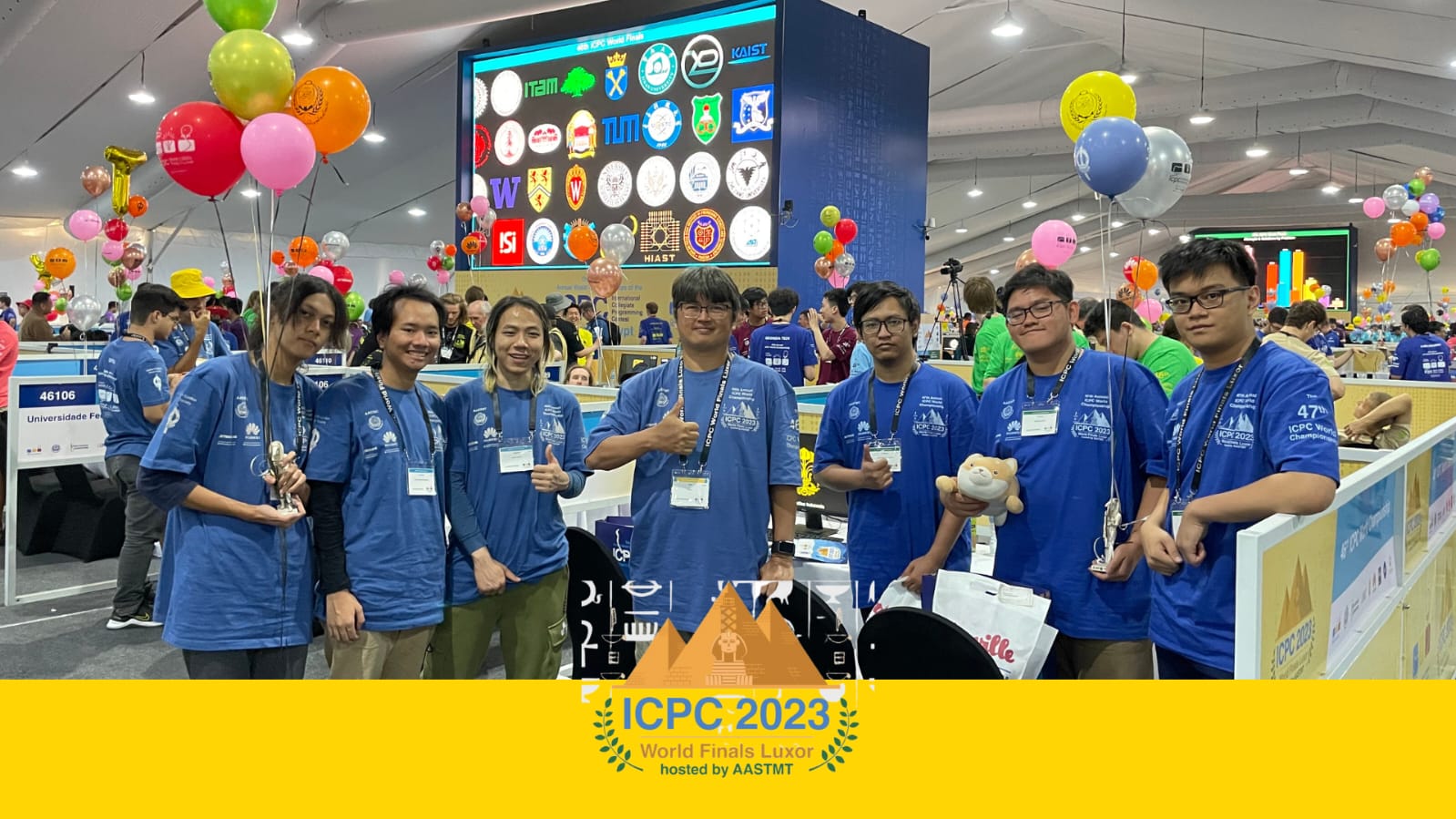
Labuan Bajo, Nusa Tenggara Timur (NTT), is one of the main destinations for the G20 Summit to be held in November. Preparations for the event have been made by the Indonesian Ministry of Tourism and Creative Economy for the past two years. Infrastructure development is massively increased by the government to improve the quality of tourism in Indonesia. One of them is Rinca Island in NTT, which did not escape being a tourist destination at the conference.
The infrastructure development needs to be accompanied by increased awareness and branding of Rinca Island, digital economy implementation, digital content creation, and qualified human resources. Against the background of these needs, a number of lecturers from Universitas Indonesia Vocational Education Program tried to accommodate through community service activities supported by the Directorate of Community Service and Empowerment of Universitas Indonesia (UI) and the UI Professional Certification Institute. The lecturers, N. Rangga Wiwesa, S.I.Kom, M.I.Kom, CICS, MIPR; Dr. Rahmi Setiawati, S.Sos, M.Si.; Nailul Mona, S.I.Kom., M.Si.; and Nur Fadilah Dewi, MKM, helped the residents of Rinca Island, especially in Pasir Panjang Village, to support the sustainability of the program through socialization and education.
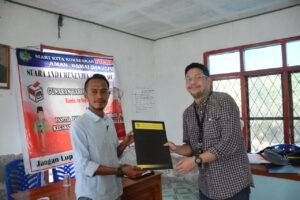
In the series of community service, Rangga provided education on the importance of customizing content production in the concept of segmentation, targeting, and positioning (STP), as well as understanding the unique selling proposition (USP). Pasir Panjang Village as part of the Rinca Island tourist destination. “As a tourist destination, Pasir Panjang Village must be ready to face the fulfillment and improvement of tourism quality, especially with the upcoming G20 Summit,” said Rangga.
In the development of tourism villages, MSMEs also play an important role. Education was also provided to local MSME players on the importance of branding and packaging. Both need to be embedded in the implementation of entrepreneurship in the village. Not only to increase public awareness of the product, good and attractive branding and packaging also represent the quality of a product.
The utilization of digital media in the process of promoting tourism villages also needs to be taken into account, of course, by upholding the application of ethics in social media. Digital literacy is important. In her educational presentation, Rahmi emphasized that the public needs to be alert to raise and trace the truth of existing news so that hoax news can be minimized with good information distribution. In addition, she also explained how to generate creative and interesting content ideas for promoting Pasir Panjang Village while still instilling ethical social media principles.
In building infrastructure and developing tourist villages, qualified human resources are needed, both physically and mentally. Based on data from the Indonesian Nutrition Status Study 2021, Nusa Tenggara Timur (NTT) is among the top 5 provinces in Indonesia with high stunting rates.
For this reason, preventive measures are important as an initial treatment that must be carried out thoroughly. “In preventive efforts to prevent stunting, the first thousand days of life in children, stimulation of care, and the provision of continuing education are important phases in a child’s life. If this phase can run accordingly and thoroughly, it is expected to support the improvement of the quality of human resources in a healthy lifestyle without malnutrition,” said Dewi.
UI Vocational Education Program Director Padang Wicaksono, S.E., Ph.D, said that the community service activities carried out by UI Vocational lecturers can help improve the quality of Indonesian human resources, especially for the purpose of developing tourist destinations. “The development of tourist destinations followed by the use of digital media is a brilliant choice to be realized in places that have the potential and selling value to increase foreign exchange,” said Padang.


